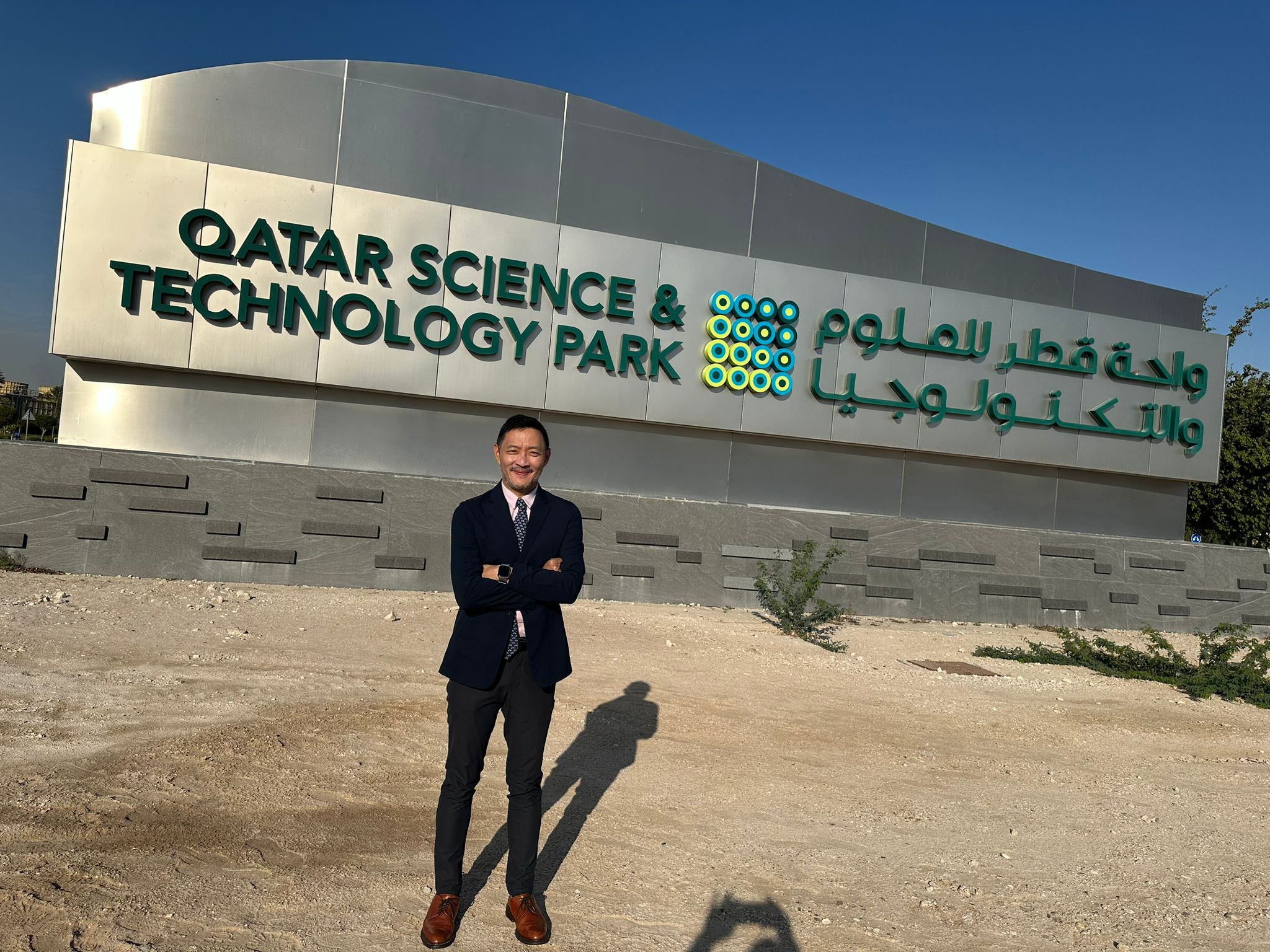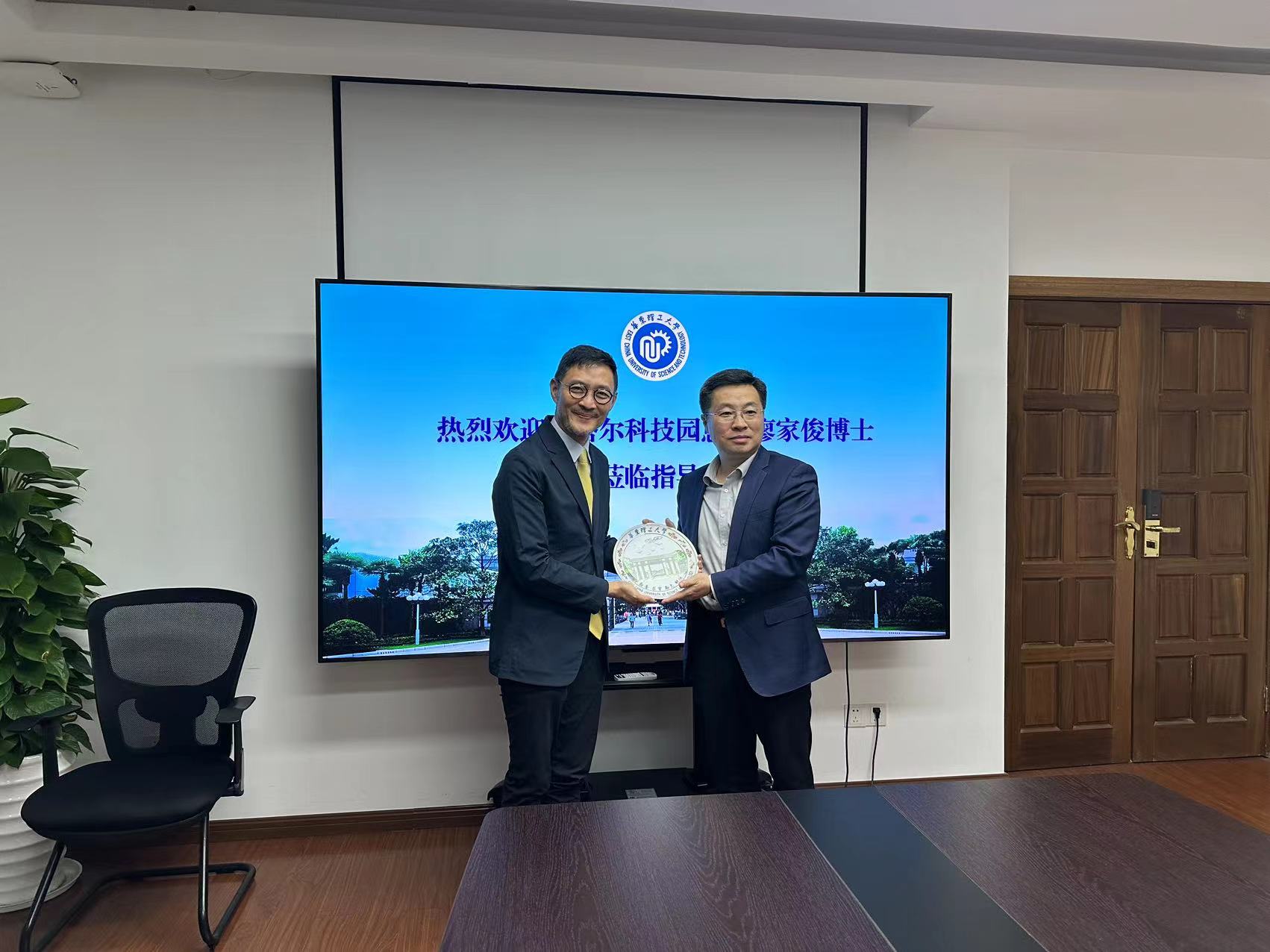
It’s by no means usual for a Chinese to be on a mission to helm Qatar Science and Technology Park, an innovation hub that will power the oil- and gas-rich state’s knowledge-based economy. But Dr Jack Lau is proving that he is more than up to the task.
Lau was the first PhD graduate of the Hong Kong University of Science and Technology (HKUST) in 1994 — when the campus had not even been completed — after graduating from the University of California, Berkeley, and a stint in Silicon Valley.
A 2023 report from the American Israeli Cooperative Enterprise shows that Qatar has emerged as the largest foreign donor to US universities, contributing roughly $5 billion. The Qatar Foundation’s Education City, where the technology park is located, has already led renowned universities including Carnegie Mellon and Cornell to establish campuses
He then completed his post-doctoral research at Stanford University, leading to his tenure at HKUST’s engineering school. He also co-founded the consumer electronics design company Perception Digital. The firm went public in 2009.
Education, innovation, and entrepreneurship are slices of Lau’s career in equal measure — all dovetail with Qatar’s national development strategy as the emirate ramps up efforts to diversify its economy.
A 2023 report from the American Israeli Cooperative Enterprise shows that Qatar has emerged as the largest foreign donor to US universities, contributing roughly $5 billion. The Qatar Foundation’s Education City, where the technology park is located, has already led renowned universities including Carnegie Mellon and Cornell to establish campuses.
“My interests and experiences align well with the park’s themes and objectives. I'm quite excited as it feels like this opportunity was tailor-made for me,” Lau said.
To Lau, Qatar’s technology park is playing a clearer role in contributing to the development, implementation and commercialization of innovative technologies by bringing international expertise and talents to the Gulf state.
In April, around three months after his appointment as the president of Qatar’s technology park, Lau concluded a trip to the Chinese mainland, where he spent two weeks sharing insights and perspectives on the opportunities available in the Middle Eastern state.
From Zhongguancun — one of the most vibrant tech neighborhoods in Beijing — to East China University of Science and Technology in Shanghai, his string of visits led to fruitful discussions. “Several large tech firms” will set up their research and development centers in the park in Qatar, with the full list to be announced soon, said the tech pundit, who is also well-versed in multiple roles as a professor and veteran entrepreneur.

Among the pressing issues that should be dealt with is the market development that besets Chinese tech firms given the intensely competitive landscape. In Beijing, there are already 114 unicorn companies — startups with a value of over $1 billion — according to data from the Beijing Municipal Science and Technology Commission.
As for the Chinese mainland, the total unicorn figure surpasses 300, many of which are scrambling for a share of the crowded market, Lau said, adding that vast opportunities provided by the Middle East beckon for tech startups who are seeking new growth points.
Situated at the crossroads of Europe, Asia, and Africa, the Middle East’s geostrategic location makes it a gateway for businesses to reach a broad market base. In Lau’s view, Qatar Science & Technology Park could be the place for them to gain a foothold overseas.
Acknowledging that cultural and social differences could pose strong headwinds, Lau said closer tech ties between China and the Middle East require deeper mutual understanding. “From that point of view I hope I can play a role in facilitating that mutual understanding,” he said.


